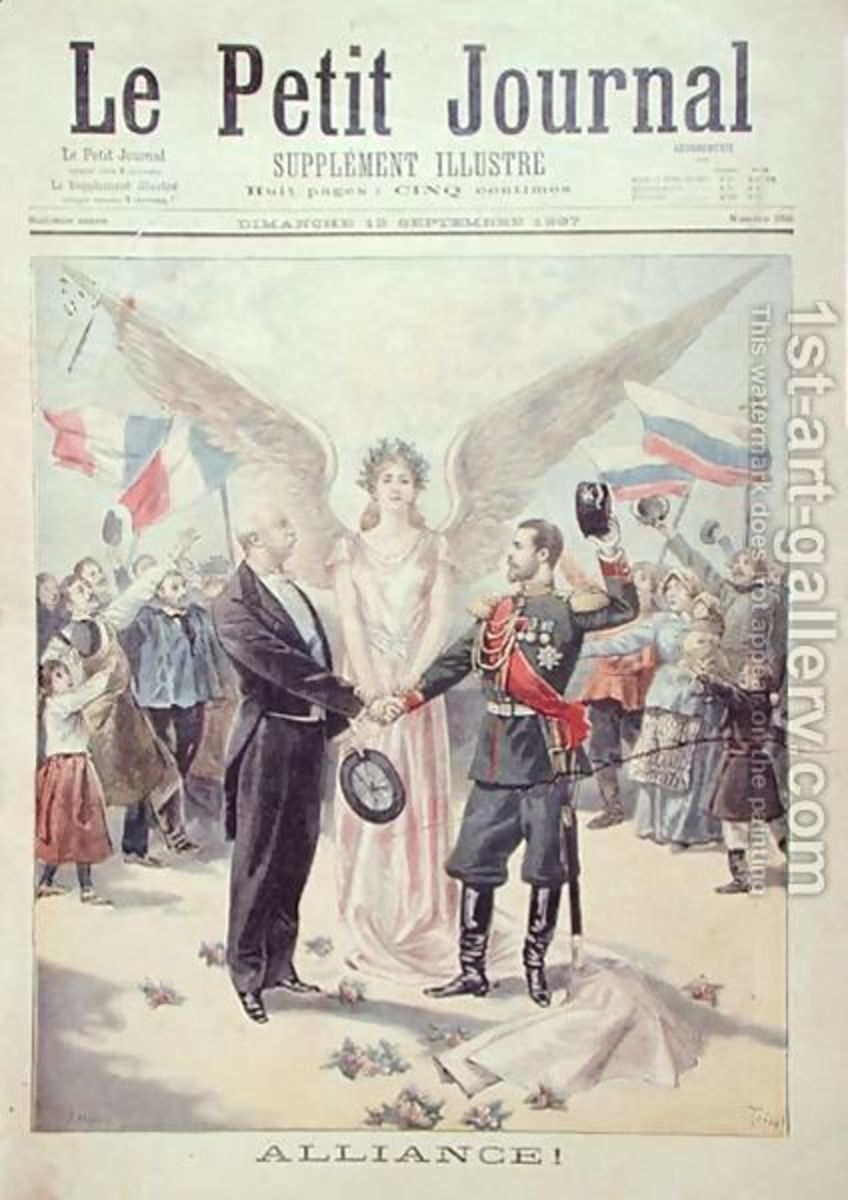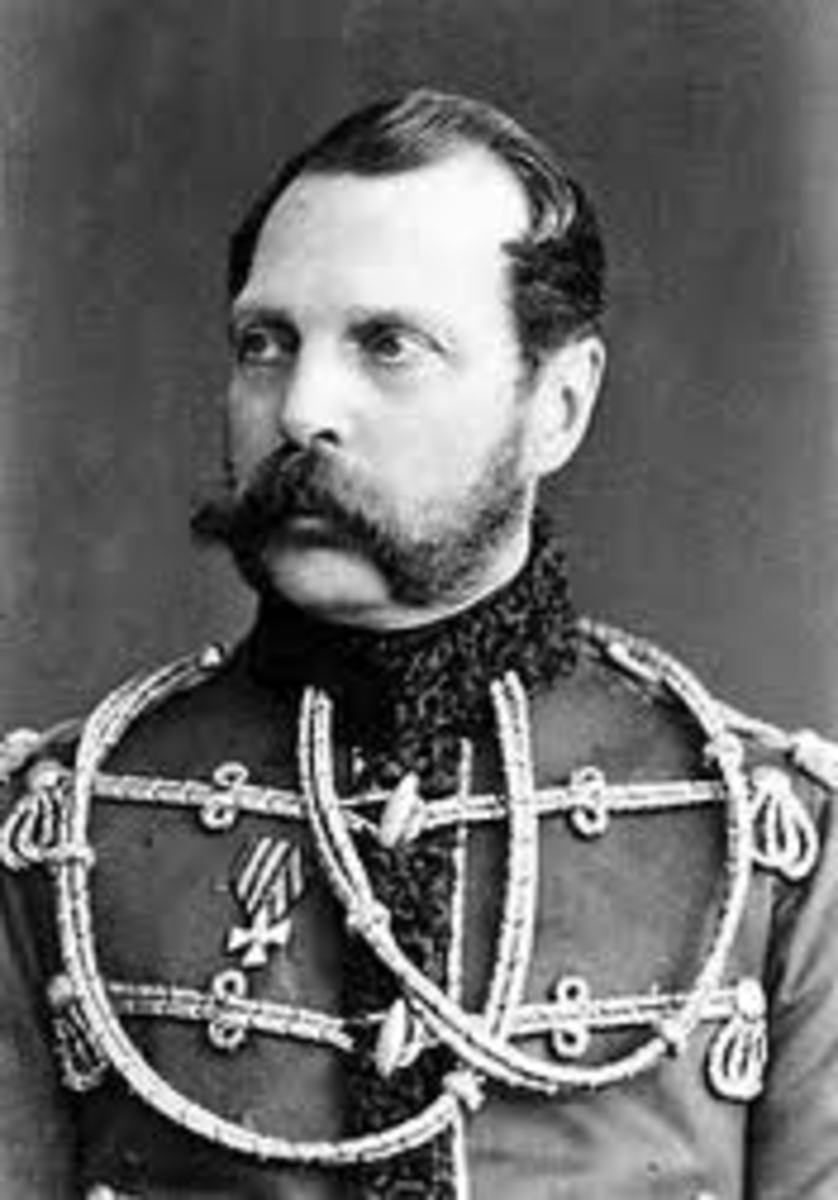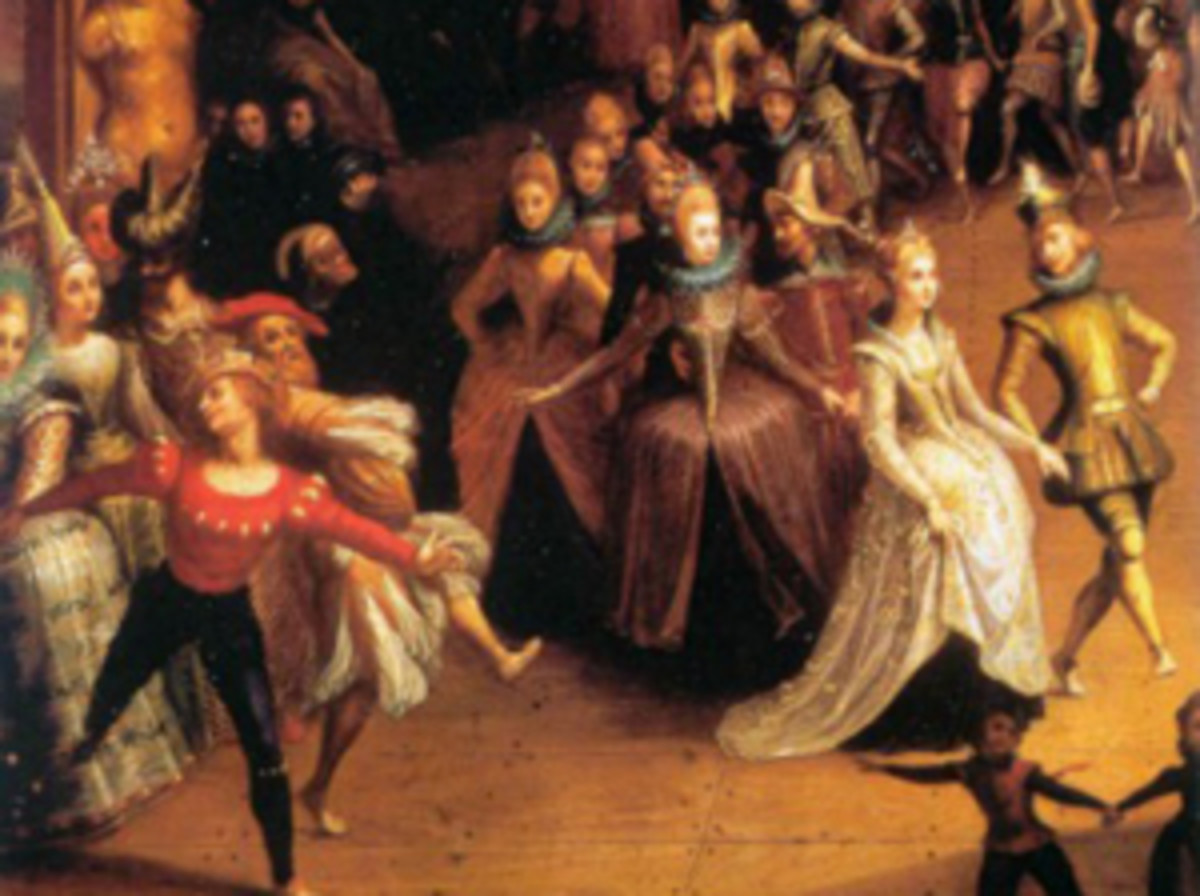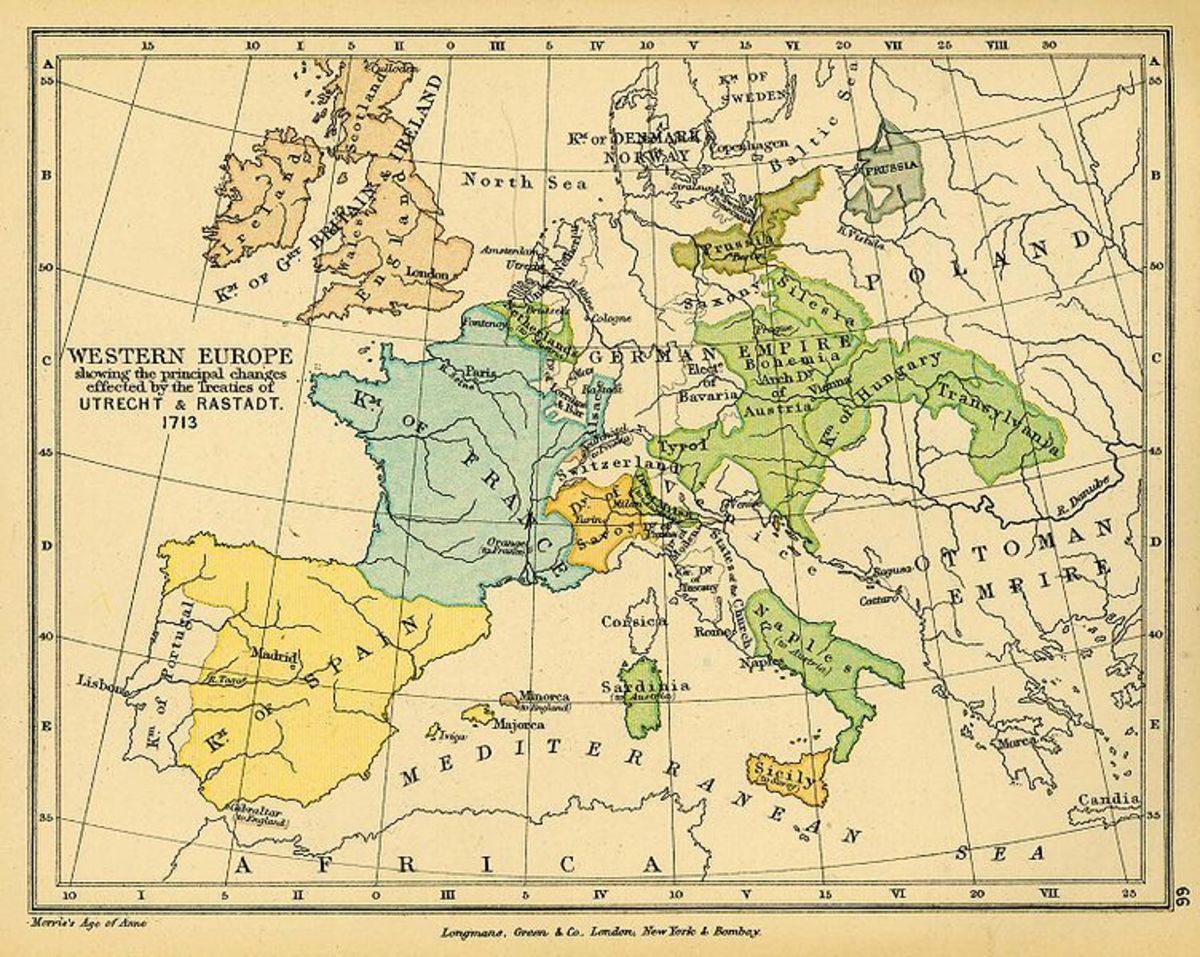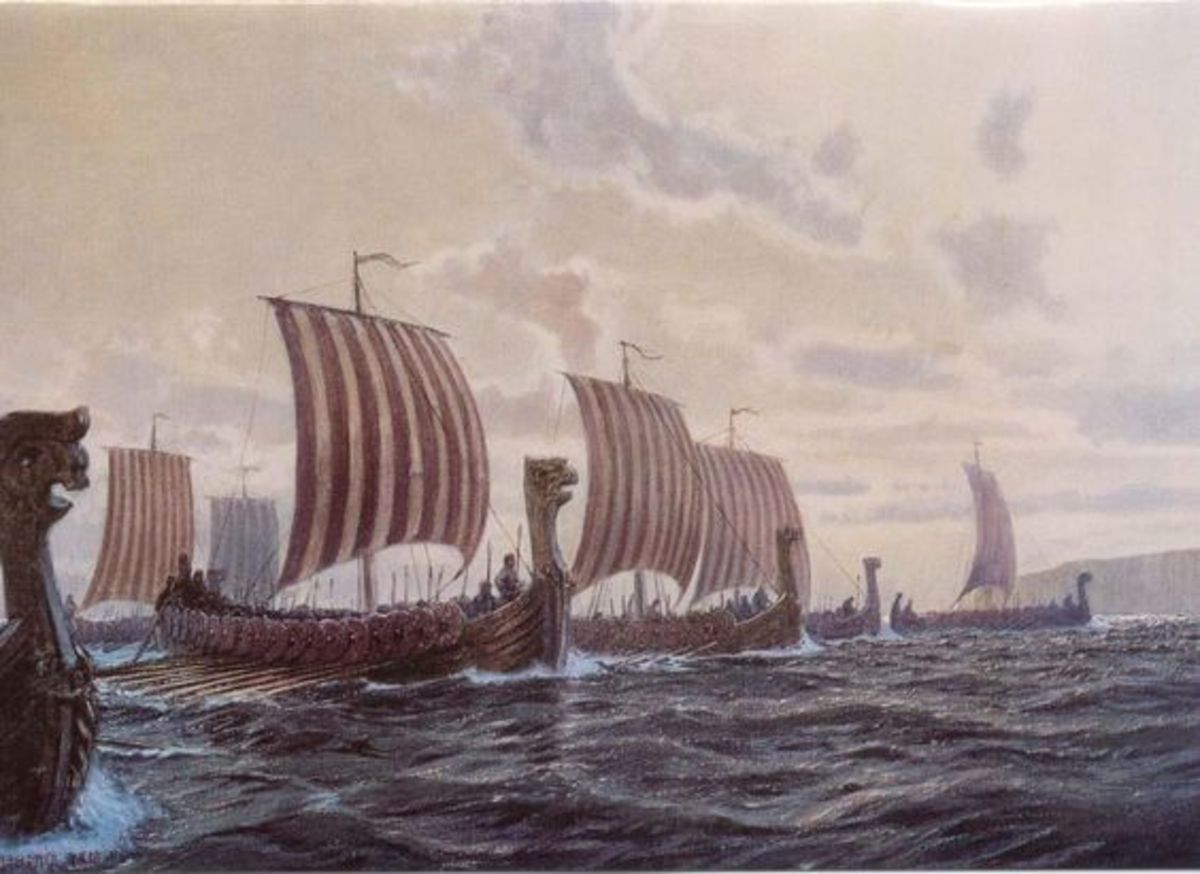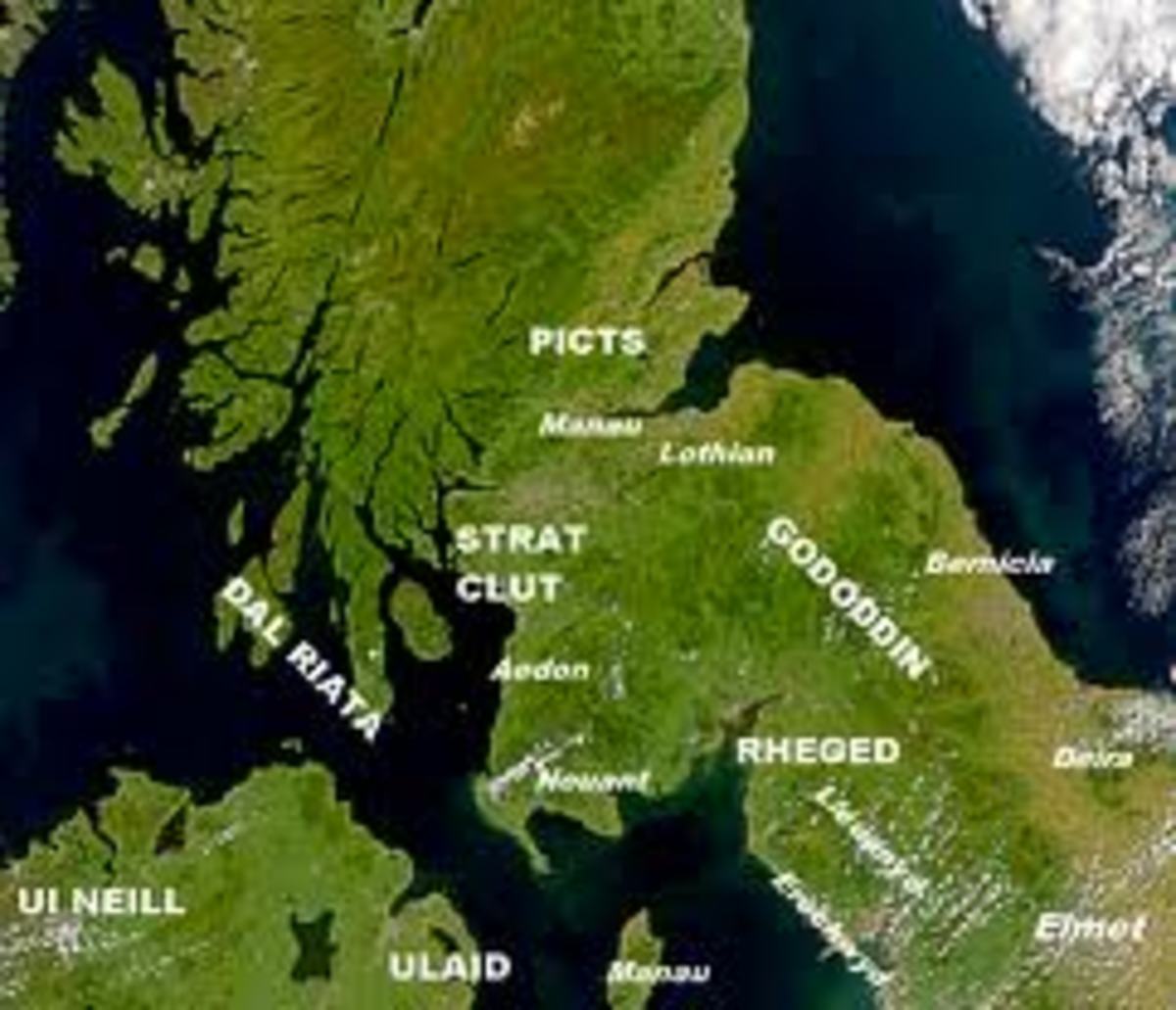Jews in the Antisemitic Court of Peter the Great - the Veselovsky Brothers
The Velesovsky Brothers
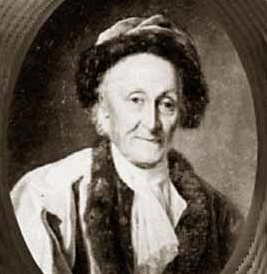
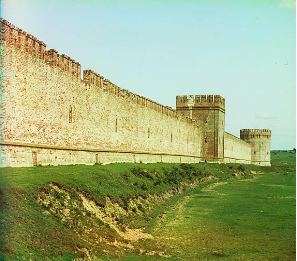
The Veselovsky Brothers
Four Jewish brothers were raised together in Moscow in the late 1600s. This was an anomaly as there were very few Jews in Moscow at that time. Jews were nonexistent and hated in Russia before the 19th century. The law stated that Jews were to convert, leave or live as serfs. The few present had special permits enabling them to enter to do business and leave. When Catherine the Great inherited 4 million Jews in the 1795 division of Poland she created the 'Pale' where they were allowed to live.
Their father Pavel, was from the Belarus village of Veselovo, then part of the Lithuanian-Polish Empire. It is not far from the city Smolensk with its large Jewish population destined to be the third biggest of the Russian empire. In Russian, Polish and Ukrainian the name Veselov means “cheerful” which was the root of the town the family was from.
Pavel Veselovsky helped the Russian army during the siege of Smolensk under Tzar Alexis in 1654 during the Russo-Polish War. Most likely he was translating for them. At any rate he did not remain there after the city went to the Russians. The family was taken as a reward to Moscow. The Veselovsky family profited greatly from the move to Moscow. Very likely they were already related to the Shafirov family who also came from Smolensk. Peter Shafirov gave them access to the court.
The four converted Jews became very important people in the court of Peter the Great. Their uncle Peter Shafirov, a diplomat for Peter, raised them with his own five children. The boys were related through a marriage of their aunt with his uncle and he kept in touch with the family of his father. He was a half Jew through his father, which was quite enough for Russian purposes to make him Jewish, even though he was Russian Orthodox.
Peter found Shafirov working as a clerk for the government. He was not an imposing figure; short and fat, but after working as secretary for Gavriil Golovkin who spoke no languages but Russian, he quickly rose in the ranks to be his equal. He brokered many treaties for Peter and wrote the rational for the Great Northern War. He even spent time in a Turkish prison for him.
The four were groomed by Shafirov to be diplomats.They were sent to the first school set up in Russia by the Minister Glück, the man who had raised the Tzarena, Catherine I. He was a German, who had been taken to Russia as a war captive. The brothers were taught German, Latin, French, Latin, Greek, Hebrew, Syriac, and Chaldean languages as well as rhetoric, philosophy, geography, math, politics and history. Abraham did well. Isaac was known as a prankster and was less diligent.
Peter the Great, did not like Jews himself, but he still had a sense of fairness. He stood in front of a synagogue in Mstislavl, Belarus to keep his men from attacking it in 1708; then he hung 13 of the perpetrators. A plaque on the synagogue commemorates this act of kindness. He also defended Shafirov from those who called him a Jew.
By this time Abraham had been private secretary to Peter the Great. He was an aide-de-camp at Poltava in 1709, announced the victory in the Danish court, and at 30 in 1715 became the Russia Ambassador to Vienna and the court of Charles VI, the Holy Roman Emperor.1 For a while he was a great favorite of Peter and helped him find talent abroad and to bring to Russia. Veslovsky once asked him about a Jew who was a physician who wanted to keep his faith, but otherwise would come to Russia. Peter relied “I don't care if they are cut or not as long as they know their business and are of good character.”
Also he worked for Peter when he wanted to find his son Alexei who was hidden in Austria. Abraham Veselovsky was 32 when he went looking for Alexei. By then he was well known.
Isaac, his younger brother, served in the Ambassadorial entourage of Prussia and Denmark. As such he went to Europe with Peter the Great in 1716. Later he served as Secretary of the Army of the Caucasus. He was known as clever and good with words and he persuaded Chancellor Bestuzhev-Riumin when he fought for the rights of Jews under the Empress Elizabeth, although he lost his cause with the Empress. He was responsible for teaching French as the language at court and served as a tutor to Peter III.
Fyodor Veselovsky was the assistant to Boris Kurakin called the father of Russian diplomacy. He was a diplomat in Rome, then London and Copenhagen and finally in England. He lost his position through his brother, but stayed in England eventually petitioning to go back to Russia. He sent information of value on affairs of the British court back to Anna Ivanovna the Empress 15 years after Peter the Great. He returned to Russia during the reign of Empress Elizabeth who followed Anna, and in 1740 became the curator of Moscow University. He retired as a Major General.
Jacob Veselovsky became the private secretary of Alexander Menshikov, showing that though he hated Jews he did not hate competence. He was cited by the Jesuits as proof that there were too many Jews at court.
Two years after the Alexei 'affair' in 1720, Abraham fled to his brother in England, in the wake of a large financial scandal for graft. It was said he had salted away more treasury money than Menshikov. He was commanded to return to Russia when his misdealings were uncovered and he would certainly have been subject to a well deserved execution there; but instead he hid in the Netherlands and then England where his brother Isaac was chief Russian diplomat. There he asked him for political asylum.
This was a temporary misfortune for all the brothers.
Peter ordered Fyodor to return with his brother from England, but Fyodor said he was not going to be punished for his brother's crimes and refused. He was given political asylum. His brother was not. Fyodor was allowed back under Peter II, but continued in England, returning under Empress Elizabeth. It is thought that he was a twin of Isaac in which case he died at 86.
Isaac was fired but Peter relented a bit and he was asked to teach Elizabeth French when it was thought she would marry a prince of that country. For opposing the plans of Menshikov to marry his daughter to Peter II he was sent far off to Derbent on the Caspian Sea. Ten years later he worked for the court of Elizabeth, and acquired great fame achieving the rank of Privy Counselor. He died at 64 in 1757.
Abraham was very rich after he escaped. He married a French woman in Holland, settled in Geneva Switzerland, and was the close acquaintance of intellectuals like Voltaire who also lived in Geneva. Voltaire wrote that he was a bright and educated man. Catherine the Great gave the 97 year old man permission to return, which he refused. In Switzerland he wrote books on Russian politics, and became a respected analyst. He had four daughters. They all married well and he died at a ripe old age, proving that crime does pay.
1 St Petersburg Jews: Abraham Veselovsky


